
The government and industry experts have collaborated to create new advice for retailers to help them cut their carbon footprint.
Launched as part of the government’s Together for our Planet campaign, the advice focuses on the retail sector and encourages businesses to make a commitment to become net zero.
The government’s Business Net Zero Champion Andrew Griffith said: “This is important advice which will help retailers play a vital role in cutting the UK’s carbon emissions.
“From offering customers more sustainable products to removing unnecessary packaging, these small steps can collectively make a big difference in helping us fight climate change and create a brighter and more sustainable future.”
Chair of the Retail Sector Council Richard Pennycook added: “Retail is a highly competitive industry, and the consumer benefits from great choice and value as a result.
“But when it comes to creating a more sustainable planet, the Sector Council is clear that we can do great things if we cooperate and share best practice. The UK Business Climate Hub and greenstreet.org.uk are go-to places for independent retailers to find great tips on how to run their business more sustainably and appeal to their customers, who are more and more concerned to do the right thing for the planet.”
The advice for retailers includes:
Offer your customers more sustainable products to buy
Assess your existing products and see if there are more sustainable options to make available to your customers. Choose products made from recycled/ recyclable materials, with minimal or no plastic packaging, certified sustainable which can be easily reused or recycled.
Start by asking your suppliers what they have available that fits these criteria, and research new suppliers.
Buy local where you can
Stocking products made closer to home allows you to support the local economy and community. Locally made or produced products can lower carbon emissions as they do not need to travel as far to reach your shop.
Also, think beyond your products and consider how you could source locally for anything else you need, such as shop or site fittings, furniture, packaging, repair services, marketing help.
Remove or improve packaging
Reducing the packaging you use, or switching to more eco-friendly packaging, will help cut both plastic pollution and emissions. And according to a recent study, almost three quarters of consumers are willing to pay more for sustainable packaging.
Ask your suppliers how non-essential packaging can be reduced when they ship your products. For essential packaging, work with them to understand what can be reused and collected in their next delivery.
Lengthen product lifespan with repairs and returns
The UK’s Right to Repair law will come into effect in 2021. The new rules will aim to bring an end to a short lifespan deliberately built into an appliance by manufacturers which leads to unnecessary and costly replacements for consumers.
Manufacturers will be legally obliged to make spare parts for products available to consumers for the first time, aiming to extend the lifespan of products by up to 10 years, preventing appliances ending up on the scrap heap sooner than they should and reducing carbon emissions at the same time. Make sure your business is ready by visiting GOV.UK.
You could also run customer swap shops or be a collection point for items that are no longer wanted.
Ask before you print receipts
In the UK alone we print over 11.2 billion receipts every year and 90% of them are lost, damaged, or thrown away by consumers.
Ask your till provider if you can email receipts to customers instead of printing.
Make a formal commitment to cut your carbon and receive long term help and support
Take the first step on your journey to a low carbon future, by committing to cutting your carbon emissions in half by 2030 and to reach ‘net zero’ by 2050 on the UK Business Climate Hub. Net zero means that you are putting no more carbon into the atmosphere than you are taking out of it.






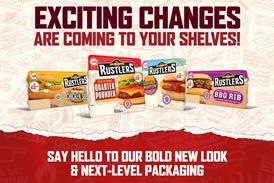

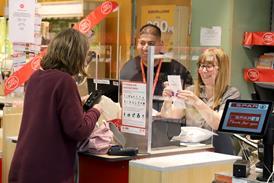

![WG-4003[58]](https://d2dyh47stel7w4.cloudfront.net/Pictures/274x183/4/5/1/353451_wg400358_6083.jpg)

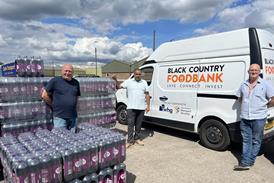



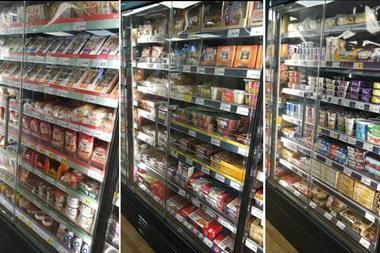
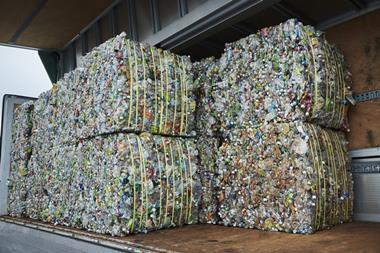
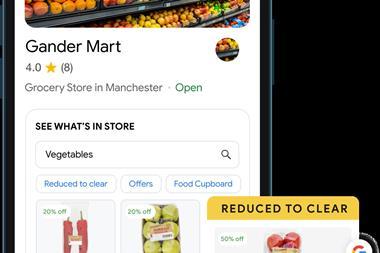
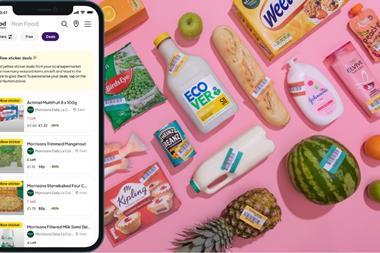
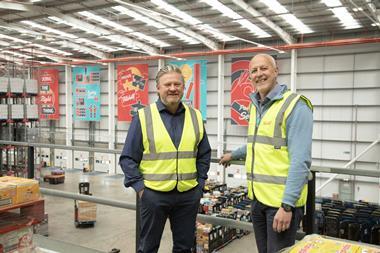
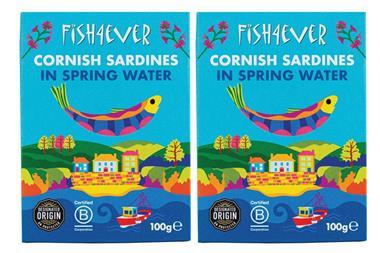






No comments yet